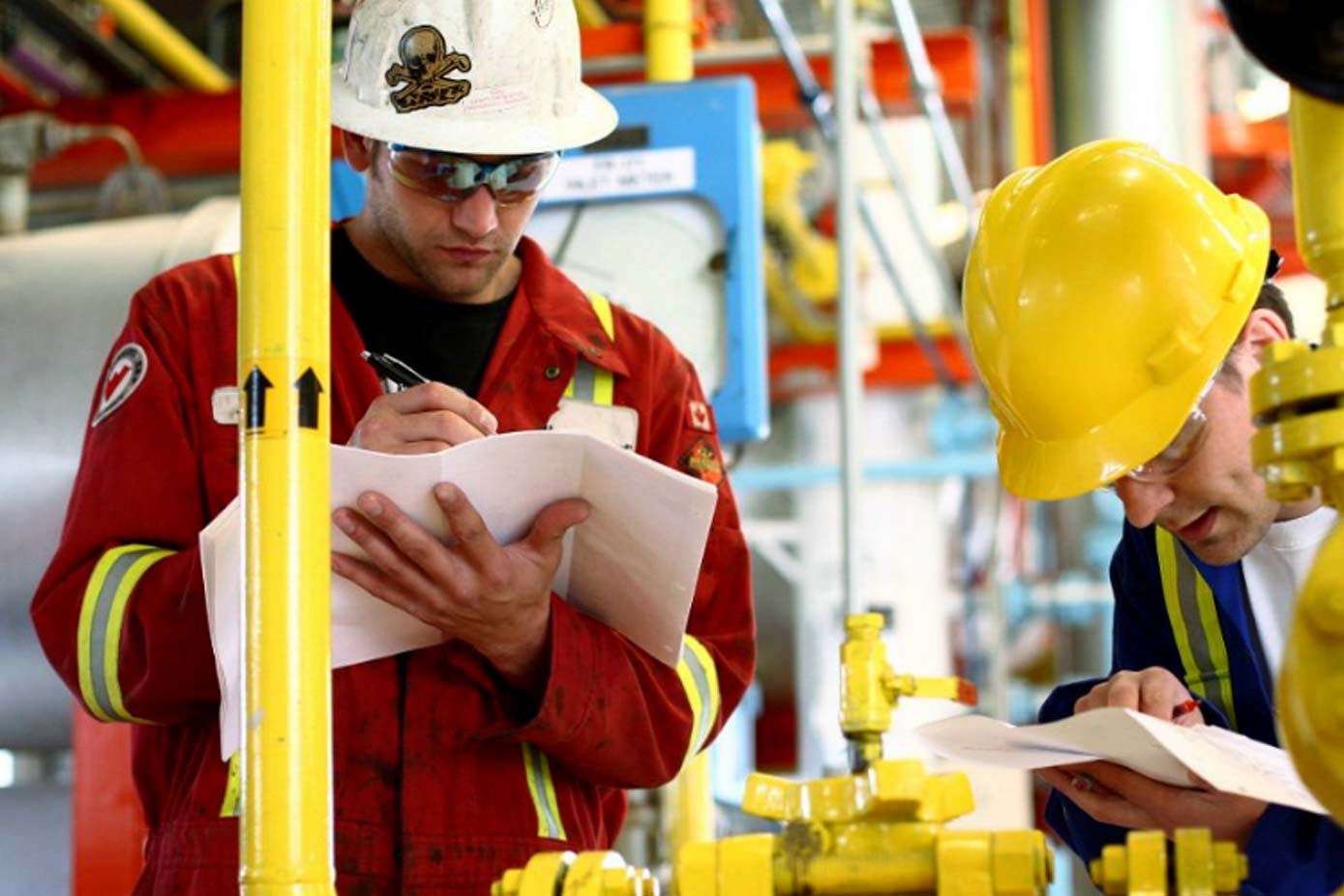T4S Audits, IMS Audits, ERDMP Audits
ERDMP regulation (Emergency Response and Disaster Management Plan) was issued by the Petroleum Natural Gas Regulatory Board in 2009
ERDMP regulation
The scope of this regulation includes:
- Identifying the emergencies that might occur in the future
- Suggesting the precautionary measures that would help to eliminate the risk/disaster.
- To develop plans and points of action that are to be followed in case a disaster strikes.
- Outlining a plan for post disaster recovery to get the operations in the affected area to its original
functioning state
Benefits of this inspection:
- This inspection helps the company examine the post disaster recovery methods they have employed. Having a
robust plan in place would help the company recover fast from losses and damage during disasters.
- Regular inspection would help prevent casualties: both on-site and off-site
- Updating the ERDMP plan periodically helps in reducing damage to property, environment and the public in
case a disaster strikes.
T4S regulation
T4S regulation (Technical Standards and Specifications including Safety Standards for City or Local Natural Gas Distribution Networks & Natural Gas pipelines) was issued by the Petroleum Natural Gas Regulatory Board in 2008. These regulations cover the design, materials, fabrication, installation, inspection and testing, commissioning, operation, maintenance, modifications and abandonment of CGD network for domestic, commercial and industrial users. It ensures that the company adheres by the technical requirement and the safety precautions during gas installation.
T4S regulation includes:
- Thorough inspection and review of the different procedures such as welding, fabrication and testing and investigation of the practices and processes being followed.
- Audit of the equipment and raw materials being used.
- Review of the available safety equipment as per the specified standards.
- Review of the procedures in place for maintenance of CGD network.
- Verification of the SCADA (Supervisory control and data acquisition) system
Benefits of this inspection:
- Identification of the threats and the most effective measures to control them
- It helps determine the risk factors and assess them periodically. It is especially important for these industries as they are managing heavy and sensitive equipment.
- It helps determine the risk factors and assess them periodically. It is especially important for these industries as they are managing heavy and sensitive equipment.
- It helps the company understand its day-to-day operations better and find effective ways of cost-reduction.
IMS regulation
IMS regulation (Integrity Management System for City or Local Natural Gas Distribution Networks) was issued by the Petroleum Natural Gas Regulatory Board in 2013.
IMS regulation helps in understanding the requirements and the basic features needed for implementing an effective integrity management plan for city gas distribution networks.
In this methodology:
- It determines and forecasts the risks and dangers related with city gas distribution networks.
- It helps in reducing the risk of CGD network failure by streamlining processes.
- The periodic inspection of the safety of CGD networks and its hazards helps in protection of the personnel, property, public and the environment.
- It also helps in proper allocation of resources, thus minimizing risks.
Benefits of this inspection:
- It reduces the damages in property, equipment and products, thus minimizing the costs.
- Following a single procedure ensures that all the standards are followed consistently and the workloads are streamlined
- The cases of accidents/incidents would reduce, thus minimizing costs and wastage of time
- It gives a competitive advantage to the company.
